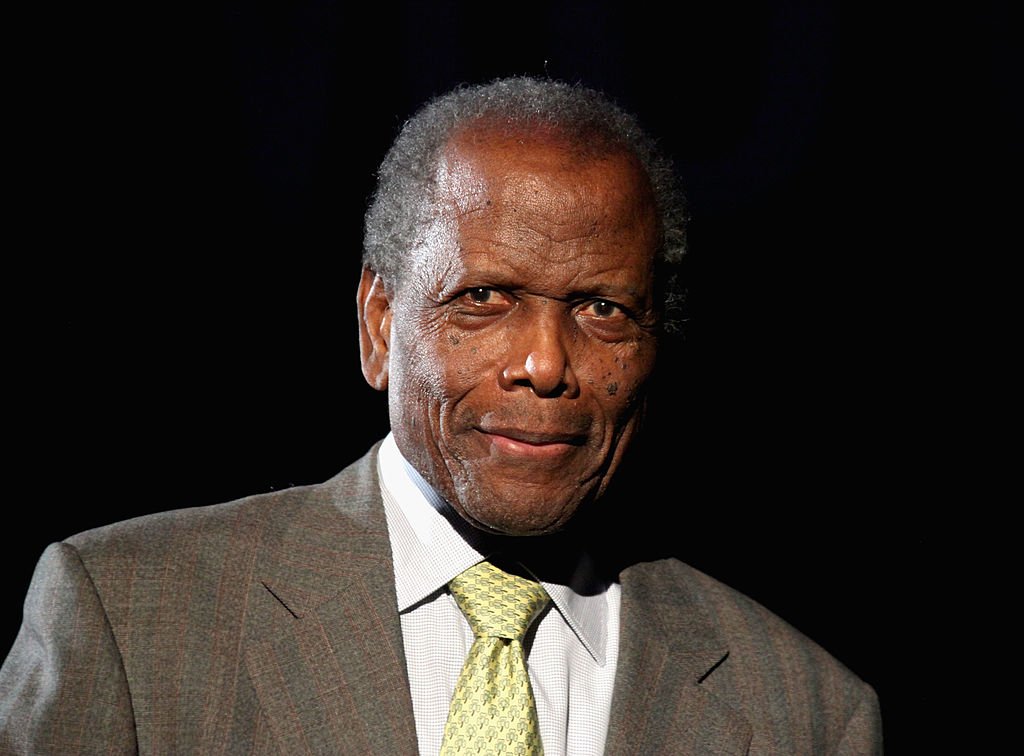
Legendary Hollywood actor Sidney Poitier - the first black man to win the best actor Oscar - has passed away at 94. He literally paved the way for other black actors with over 60 years in the industry. He's truly done it all in Hollywood.
His passing was confirmed by the Bahamas' Minister of Foreign Affairs, Fred Mitchell, on Friday morning.
Bahamian-American Poitier's trailblazing acting career saw win an Oscar in 1964 for his role in Lilies of the Field him and earn two further Academy Award nominations, ten Golden Globes nominations, two Primetime Emmy Awards nominations, six BAFTA nominations, eight Laurel nominations, and one Screen Actors Guild Awards nomination.
Poitier received the Kennedy Center Honor in 1995 and received the Presidential Medal of Freedom from Barack Obama in 2009.
He was also awarded an Knight Commander of the Order of the British Empire by Queen Elizabeth II in 1974.
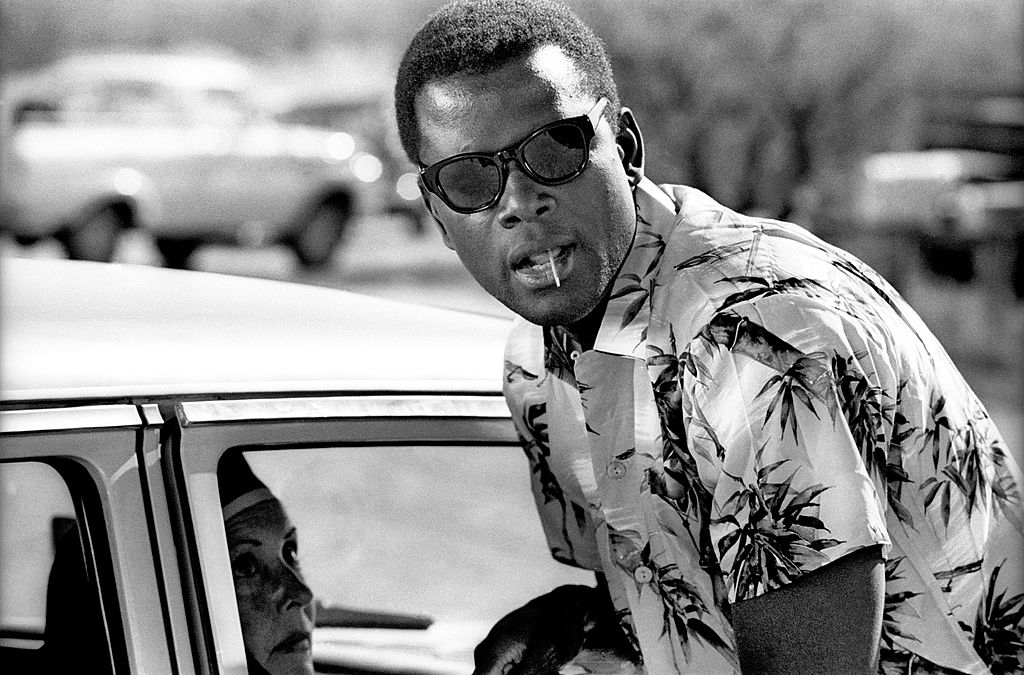
Born to Bahamian parents while they were visiting Miami to sell tomatoes in 1927, Poitier grew up in the Bahamas – then a British colony – but returned to the US aged 15, and worked at a series of low-paid jobs before briefly serving in the army during the second world war (and attempting to feign insanity to win a medical discharge).
Uncertain whether he would survive because of a number of illnesses, his dad purchased a tiny casket, while his mother consulted an old wise woman. “The lady took her hand and started speaking to my mother: ‘Don’t worry about your son. He will survive,’ ” Poitier recalled. “And these were her words, she said: ‘He will walk with kings.'”
Poitier’s breakthrough role came back in the US, with another social comment picture: Blackboard Jungle, in 1955, in which he played a rebellious high school student. The film was a hit, with its use of Bill Haley’s Rock Around the Clock ensuring a large teenage audience; in the UK it inspired the infamous Elephant and Castle teddy boy riot of 1956.
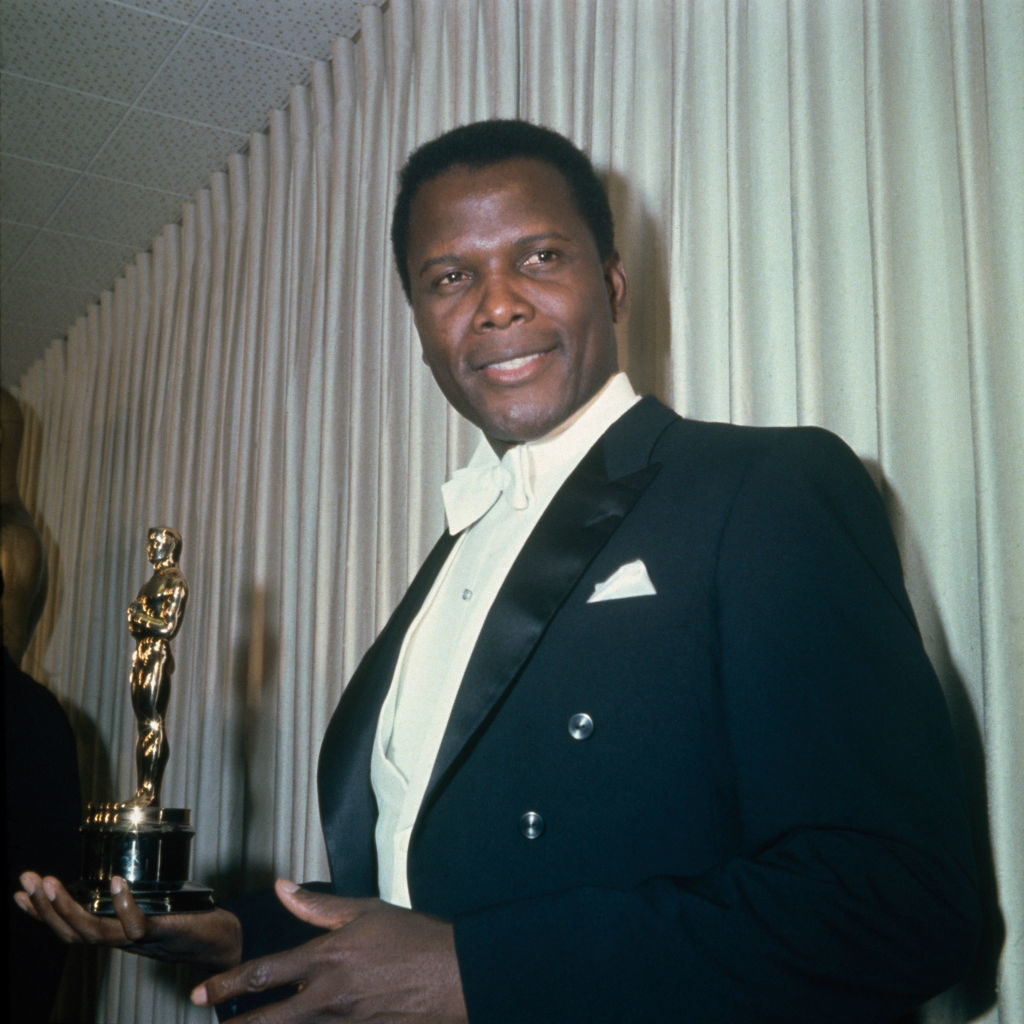
He continued to take such legendary roles, such as Porgy in Otto Preminger’s film of Porgy and Bess, and the lead in A Raisin in the Sun, the adaptation of Lorraine Hansberry’s much-admired play about family life in racially-segregated Chicago. (Poitier had appeared in the same role in the original theatrical production in 1959.) He finally won his Oscar for the earnest drama Lilies of the Field in 1964; he played a handyman who helps a group of German nuns build a chapel in the Arizona desert.
Later on in his career, Poitier reinvented himself as a director. For his debut, Buck and the Preacher, he cast himself opposite Belafonte in a civil war western. However, his directorial output would largely consist of comedy pieces. He cast the then up-coming funny comic Bill Cosby in Uptown Saturday Night (1974), Let’s Do It Again (1975) and A Piece of the Action (1977) – though his best-known directorial entry is arguably Stir Crazy, the 1980 jail comedy starring Gene Wilder and Richard Pryor.
Despite his accolades in front of the camera and behind the camera, Poitier continued to receive awards later on in life. He was an activist and was a real-life picture of what "Black Excellence" looked like way before it ever became a trendy hashtag.
Poitier served on the board of directors for Disney from 1995 to 2003 and wrote three autobiographical books: The last, published in 2008, was a series of letters filled with his own life lessons, written to one of his great-granddaughters, Ayele.
"Each generation must be responsible for itself, and there is no escaping that," Poitier wrote in "Life Beyond Measure: Letters to My Great-Granddaughter."
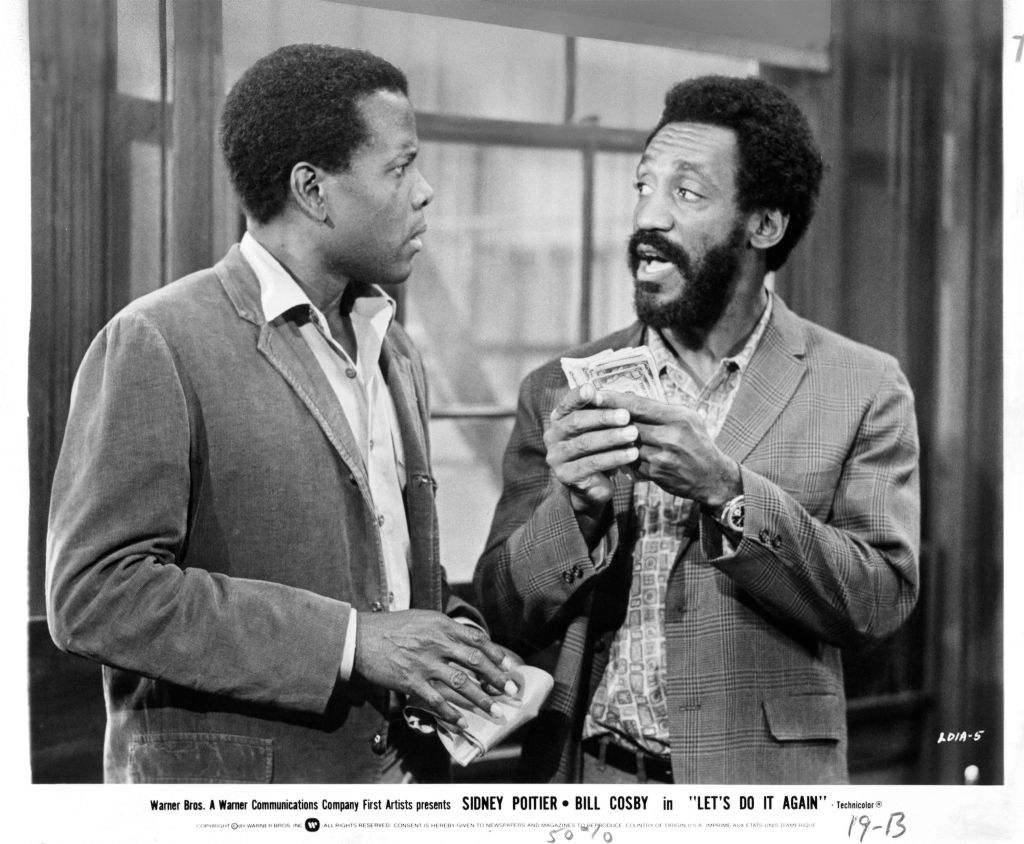
The American Film Institute included him on its 1999 list of greatest male Hollywood stars, Queen Elizabeth II knighted him in 1974 and President Barack Obama awarded him the Presidential Medal of Freedom in 2009.
The Academy Museum of Motion Pictures, which opened in 2021, honored Poitier with its 10,000-square-foot lobby, dubbed the Sidney Poitier Grand Lobby.
In January 2021, Arizona State University named its new film school after him. The Sidney Poitier New American Film School was unveiled at a virtual ceremony.
The decision to name the school after Poitier was about much more than his achievements and legacy, but because he “embodies in his very person that which we strive to be — the matching of excellence and drive and passion with social purpose and social outcomes, all things that his career has really stood for,” said Michael M. Crow, president of the university.
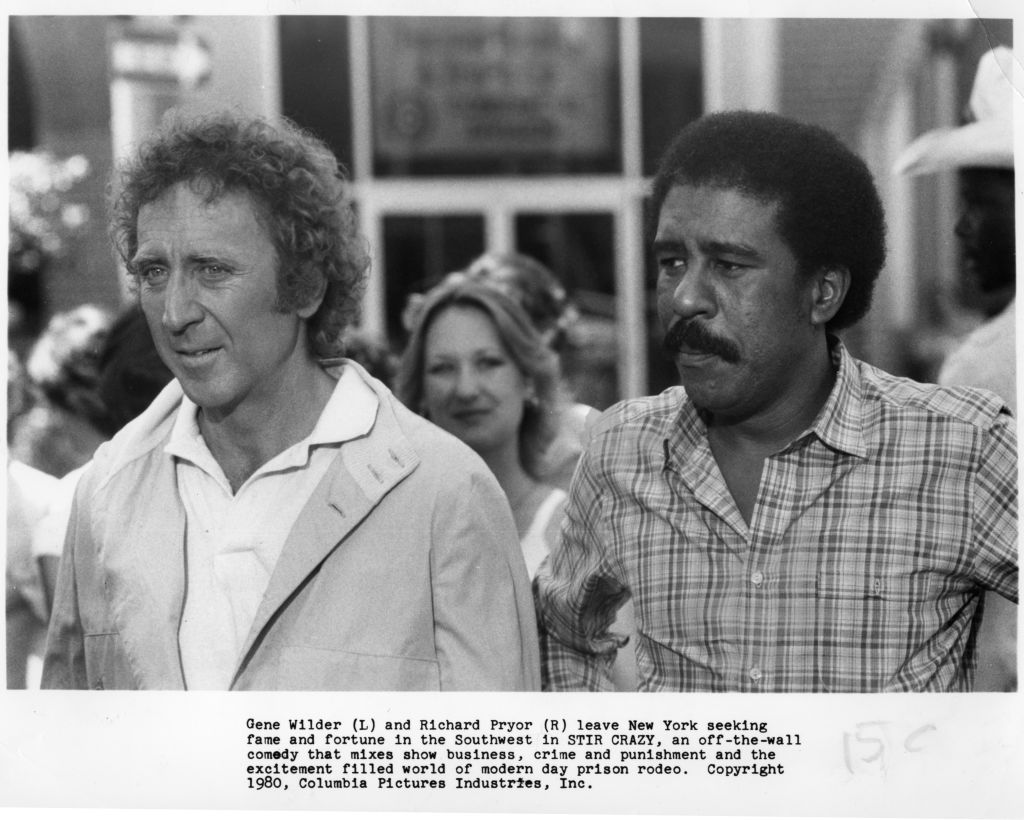
At the time, his daughter Beverly Poitier-Henderson told The Associated Press her father was “doing well and enjoying his family,” and considered it an honor to be the namesake of the new film school.
When asked what one of his goals in life was, the celebrated actor simply said, “To simply wake up every morning a better person than when I went to bed.”
Rest well, Mr. Poitier. Thank you for what you did for us all.









